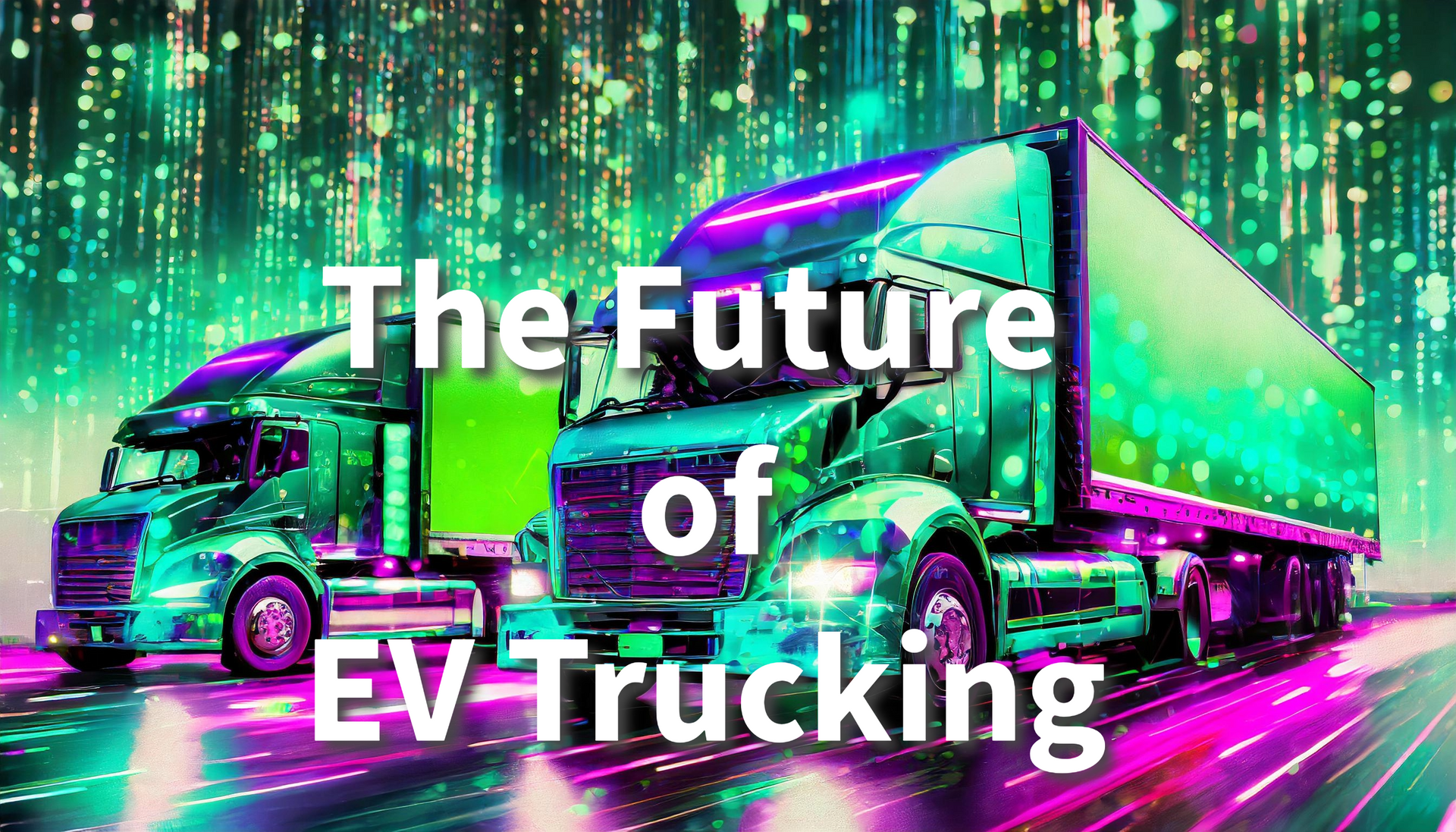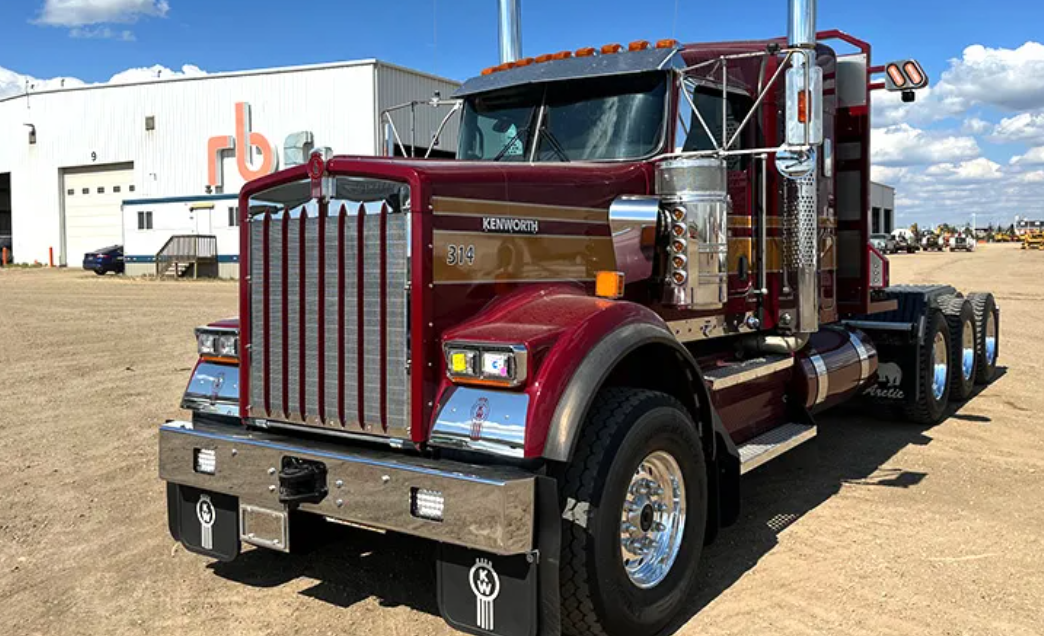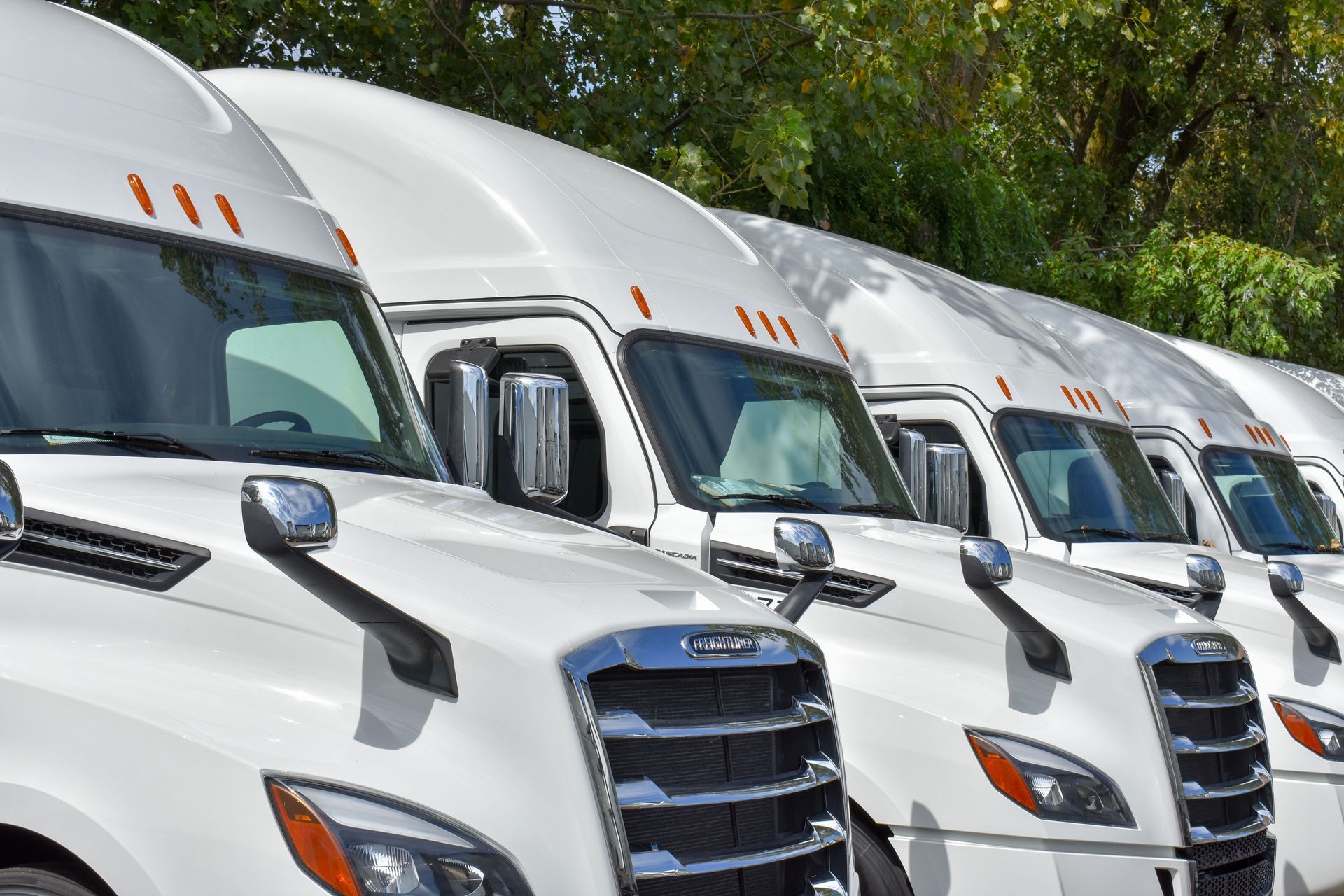A Personal Insight into How Class 8 Electric Trucks Could Transform the Industry

As someone who recently purchased an electric vehicle (EV), I've seen firsthand the benefits of this emerging technology. From lower maintenance costs to the sheer convenience of skipping trips to the gas station, the shift to electric vehicles is happening quickly in the consumer market. But what does this mean for the trucking industry, especially for Class 8 trucks? Could electric trucks be the future of freight transportation? Let’s explore how EV trucking could reshape the industry if manufacturers can resolve some critical battery and recharging challenges.
Personal Experience: The Benefits of EVs
Owning an EV has been an eye-opening experience. The fuel savings alone are impressive, not to mention the reduced maintenance due to the lack of complex internal combustion engine components. These same benefits could apply to trucking. Electric Class 8 trucks, which are built for long-haul freight, are starting to gain traction, and much like my EV, they promise lower operational costs in the long run.
Cost Savings and Efficiency in Electric Trucking
The trucking industry has always been driven by efficiency, and electric trucks offer significant potential for savings. Class 8 trucks, once they overcome battery and recharging challenges, could save companies thousands of dollars per year in fuel and maintenance costs. Electric motors, which require fewer moving parts than diesel engines, could lead to substantial reductions in maintenance-related downtime.
In my own experience, the lack of oil changes and engine repairs has already been a game-changer, and trucking fleets would benefit even more from these cost efficiencies.
The Environmental Impact of Class 8 Electric Trucks
Class 8 trucks, which account for a significant portion of greenhouse gas emissions in the transportation sector, are prime candidates for electrification. With zero tailpipe emissions, electric trucks could dramatically reduce the carbon footprint of the trucking industry. My personal EV is contributing to cleaner air and quieter streets, the adoption of electric trucks could transform urban and rural areas alike. However, this wasn't really a motivating factor for me in purchasing an EV. While it is worthwhile to improve air quality, it was the reduction of costs and maintenance that drove my decision. In all honesty, I didn't even think about the environment at all when I bought my EV.
The Battery and Recharging Dilemma
While my EV serves me well for daily commutes and short trips, longer journeys require careful planning around charging station availability—a challenge that Class 8 electric trucks face on a much larger scale. For EV trucks to succeed, manufacturers must address battery range and charging infrastructure.
Currently, most electric trucks are well-suited for short-haul and regional routes, but the range is still a limiting factor for long-haul freight. Additionally, the recharging process for these massive vehicles can be time-consuming, and the infrastructure to support widespread adoption of Class 8 electric trucks is still in its infancy.
The Future of Class 8 Electric Trucks: Solving the Range Problem
The key to widespread adoption of electric Class 8 trucks lies in solving the range and charging challenges. If truck manufacturers can develop more efficient, longer-lasting batteries and expand the charging network, electric trucks could soon dominate the market. For example, Tesla, Daimler, and other industry leaders are already making strides in this area, promising improved battery technology that could make long-haul routes more feasible.
In my own experience, having a home charger for my EV has been convenient, but truckers will need access to fast, reliable charging stations on their routes. Solving this issue is crucial if the trucking industry is to see the same level of EV adoption as the consumer car market.
Government Support and Incentives for Electric Trucks
Just like there are government incentives for purchasing electric cars, the trucking industry is seeing an increasing number of incentives to adopt electric trucks. Federal and state tax credits, grants, and rebates are making the higher upfront cost of electric trucks more manageable for fleet owners. These incentives, combined with the long-term savings on fuel and maintenance, make a strong case for transitioning to electric trucks.
Additionally, stricter emissions regulations are being enforced, which means diesel-powered trucks may soon face penalties that make them less economically viable. Electric trucks offer a solution for companies looking to meet environmental targets without sacrificing profitability.
The Industry’s Shift Toward EVs: A Future Outlook
Despite the current limitations, the future of EV trucking looks promising. Major players in the industry are investing heavily in electric technology, and once battery efficiency and recharging infrastructure catch up, Class 8 electric trucks could revolutionize freight transportation. My own experience with an electric car has shown me how rapidly the technology is advancing, and it’s likely that we’ll see similar progress in the trucking sector.
With cleaner, quieter, and more cost-efficient trucks on the road, the industry is set to experience a transformation that benefits both companies and the environment.
Could Class 8 Electric Trucks Be the Future?
While electric vehicles have already started to reshape the consumer car market, the trucking industry still faces some obstacles before EV trucks can truly take over. Battery range, recharging infrastructure, and the initial costs are all hurdles that must be addressed for widespread adoption. However, the potential benefits—lower fuel and maintenance costs, reduced emissions, and compliance with future regulations—are too great to ignore.
If the industry can solve the battery and recharging issues, Class 8 electric trucks may soon dominate the highways, leading to a cleaner and more efficient trucking industry. As someone who has already made the switch to an EV, I’m optimistic that the future of electric trucking is bright.



office & Parking depot
5120 Belmont Rd Unit K, Downers Grove, IL 60515, USA
Hours of operation
Mon - Sun: 7am-5pm
